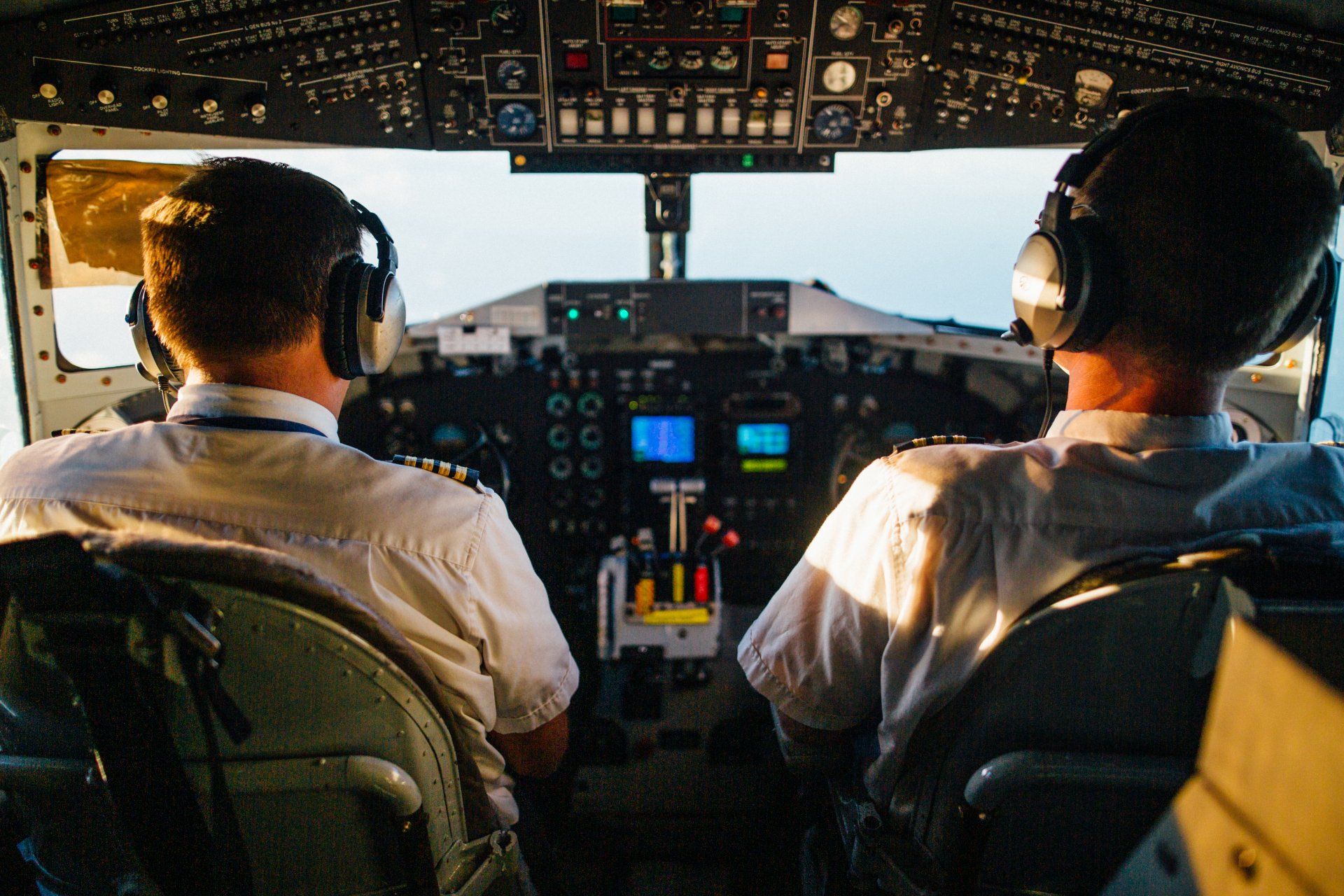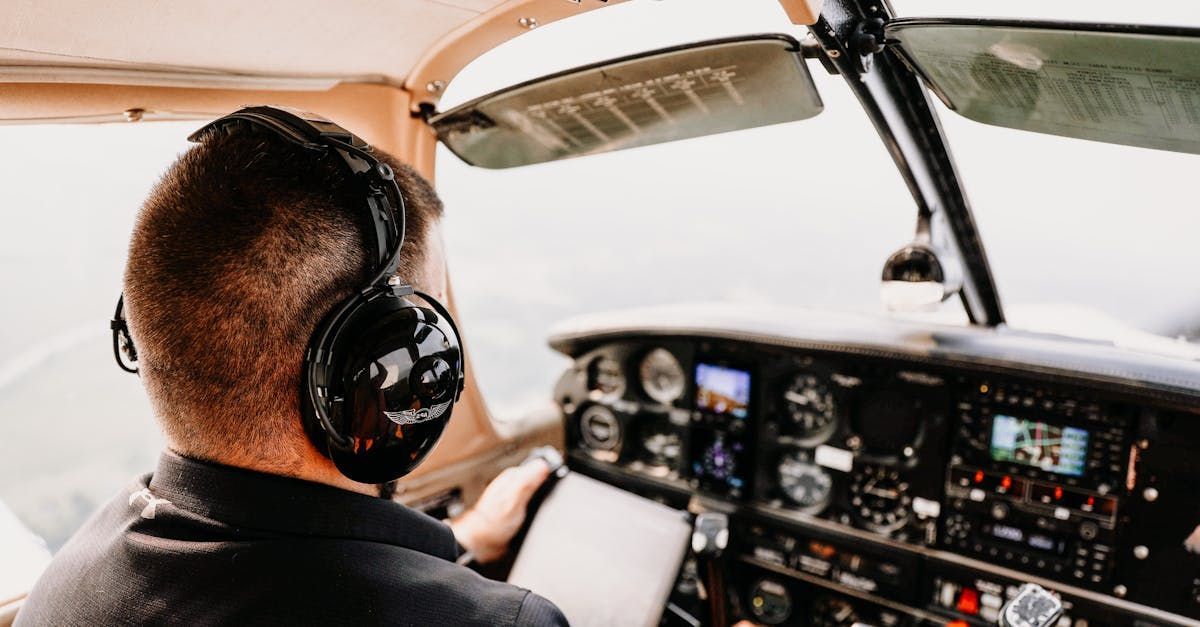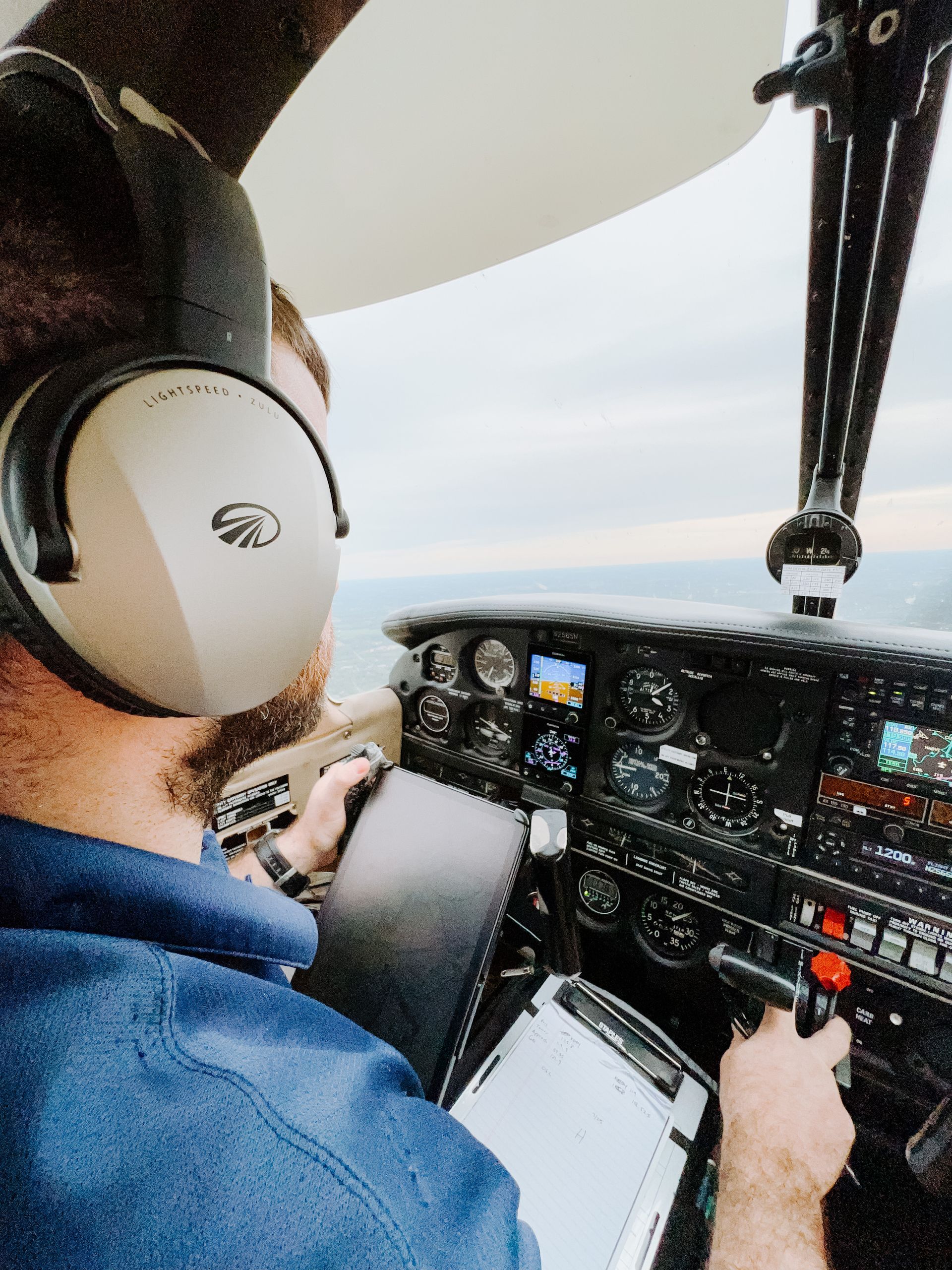Professionals Under Pressure
A conversation about Aviation Professionals Under Pressure

Media Release
Tuesday 15 February 2022
A day of Human Factors sessions aimed at helping the industry better understand and better manage pressure and stress is being held in Toowoomba on Saturday 26 February for general aviators, small operators, pilots, and aviation engineers.
With keynote addresses from Greg Hood (recently retired as the head of the ATSB) and Dr. Kate Manderson (CASA's Principal Medical Officer) and follow up sessions from industry professionals on situational self-awareness, decision making neuroscience, trauma effects and peer support, the conference aims to provide a humanity-refreshing perspective.
Greg Hood has always done as much as he could to ensure that the aviation safety message is driven home, “My view is that nobody sets out to go flying to lose their lives but when we fly we are presented with an infinite number of variables and these require us to constantly re-evaluate the changing levels of risk that we face and often require us to make decisions in the interest of maintaining our safety when airborne. Because we are human, we may misunderstand or misinterpret the level of risk we are encountering and sometimes our decision making is influenced by some kind of latent force that is so strong that it compels us to fly on.”
Adrian Park, one of the conference organisers and guest speakers said “the day will allow us to refocus on our own humanity as aviation professionals, understanding our human strengths and weakness particularly when we are under pressure.
Ahead of the conference a series of videos have been prepared to provide insights into the importance of the conference for the industry and the personal reasons for the speakers and the sponsors being involved. Click here to watch.
Tickets are $35 and available until February 18. Register by clicking here.










